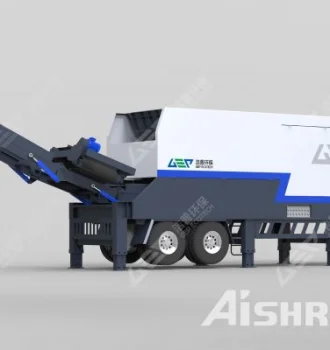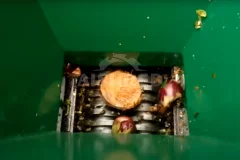
Dry anaerobic fermentation is a new technology that has developed very rapidly in recent years, and has good application prospects in livestock and poultry manure treatment, straw gas production and organic waste treatment. The general treatment method of organic waste is composting, anaerobic fermentation and comprehensive utilization. Organic waste treatment system through crushing, squeezing dry, put into microbial fermentation and other steps, so that organic waste into fertilizer, to achieve the organic waste resource treatment. After fermentation for about a week, it becomes fertilizer for planting vegetables and fruits. Key equipment:Dry anaerobic fermentation pretreatment equipment shredderThe sorted organic waste contains more organic matter, such as rotten fruits, vegetables, meat pieces, etc. Direct anaerobic fermentation of voluminous material in the pipeline or stirring in the fermenter will have an impact on the stable operation of the equipment, while the anaerobic fermentation is not
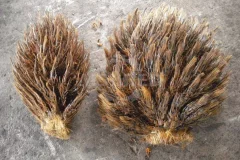
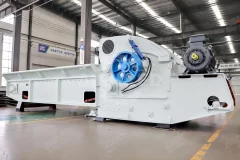
How to Recycle and Reuse EFB?
2024-06-29The production of palm oil in Central and South America and Southeast Asia is an important industry. After the brown ripens, the fruit separates from the stem, leaving an empty fruit bunch (EFB) as a waste. Every year, tens of millions of tons of EFB are generated, and research on the possibility of utilizing this waste is also ongoing.EFB is by-product of oil palm fruit after being pressed, with rich cellulose, hemicellulose, and lignin components. They can be recycled and reused in various ways:1. Composting: EFB can be used as organic material for composting treatment. Through the action of microorganisms, EFB can be decomposed into nutrient rich organic fertilizers for agricultural production, improving soil structure and fertility.2. Biofuels: EFB can be converted into biofuels through technologies such as pyrolysis, gasification, and anaerobic fermentation. For example, pyrolysis can convert EFB into bio oil, biochar, and combustible gases; Anaerobic fermentation can produce biogas.3. Pulp and
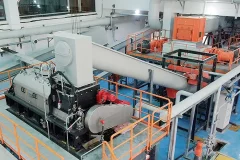
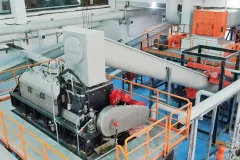
Organic Waste Processing
2022-03-03Organic waste is one of the last things that should end up in landfills, as it can be easily transformed into feed, fertilizer, or biogas with simple processing. However, the reality presents challenges as a significant amount of urban organic waste accumulates and causes environmental pollution due to insufficient disposal capacity, leading to the production of biogas, wastewater, and foul odors. Additionally, many organic waste streams are contaminated with non-organic components, posing a challenge in efficient separation.GEP ECOTECH's organic solid waste solution offers a complete suite of technologies for handling organic waste, including shredding, dewatering, sorting, bioprocessing, and safe disposal. Our comprehensive technical solutions also encompass the management of gases and liquids generated during the process.


